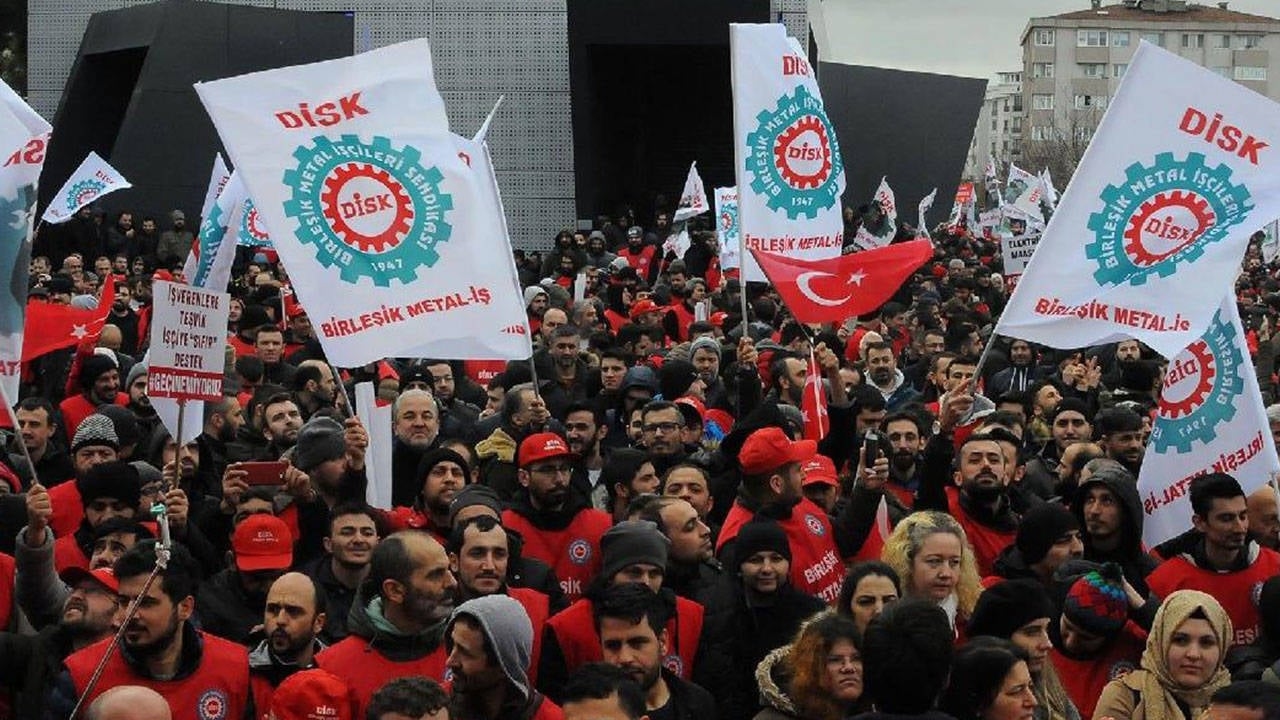After the Islamic Economics and Finance Summit

- The Islamic Economics and Finance Summit was held by IKAM ( Islamic Economics Research Center) , affiliated with the ILKE Foundation, on October 28, 2025, at Boğaziçi University.
The summit provided an opportunity for stakeholders in the Islamic finance industry and academics to meet and express their views. Officials from the Presidential Finance Office and the Central Bank of the Republic of Turkey also attended the summit.
As is the case every year, the summit also featured awards in various branches of Islamic economics. Despite registering to attend, I was unable to make it to Istanbul for some reason, but recordings of the meeting were uploaded to social media, so I had the opportunity to watch it there.
The presence of experienced and valuable participants in their respective fields makes the summit even more significant. I've tried to summarize for you the key points that stood out to me from the meeting, where speakers touched on important topics.
I feel it's important to remember one point: the summary I've provided below is not the summit's final declaration or the agreed-upon points. It consists of the participants' opinions, suggestions, and information. It's important to keep this in mind as you read.
SUMMARY FINDINGS
- The Participation Finance Law and legislation, which will include stakeholders in the participation finance sector, are expected to be implemented as soon as possible. It has been announced that this matter is in its final stages.
- In the field of social finance, institutions such as Zakat and Karz-i Hasan, which are aimed at the low-income groups of society, need to be established and expanded.
- There is still progress to be made in both legislation and practice in participation insurance .
- Islamic capital markets need to be developed and promoted.
- The BIST participation index needs to be expanded and developed as an Islamic investment instrument.
- All public institutions, starting with the President, are supporting the development of participation finance. There's a strong will to do so. The sector should make good use of this support.
- The Istanbul financial center also aims to be positioned as a regional participation financial center. It also aims to become a global hub in the future.
- Efforts must be made to increase Islamic financial literacy and raise public awareness. All stakeholders should develop projects on this issue.
- Efforts to increase international cooperation on participation finance are ongoing. Collaboration is underway with stakeholder countries on this issue.
- Various projects, especially at universities, need to be carried out to train talented and well-equipped personnel to work in the participation finance sector.
- Islamic economics should not be reduced to issues like zakat and interest-free finance. It should not be limited to issues that concern only Muslims. Efforts should be made for all of humanity, and efforts should be made to find solutions to problems.
- Islamic finance is not just about economic rules and practices. The ethical aspect of the business must also be taken into account. Moral objectives must be considered alongside financial ones.
- The structure of classical economics that leads to wealth and income inequality can be eliminated with the risk sharing model of Islamic economics.
- The Islamic finance industry hasn't clearly defined itself. Many concepts and products are referred to as products from the capitalist interest-based economy. This creates confusion. The Islamic finance industry must clearly demonstrate its difference and declare its uniqueness.
- Participation Banking has established itself on solid ground in Turkey after difficult struggles.
- Participation banks' advisory boards must be independent, and bank management must avoid interventions that would undermine independence.
- For the development of the participation finance sector in Turkey, positive discrimination is needed in terms of legislation and implementation.
- It's necessary to develop the participation finance ecosystem and strengthen communication among them. A participation finance law should be drafted to encompass this entire ecosystem.
- The partnership-based madarabe and musharaka models don't offer much growth opportunities in the current participation banking model. Implementation of these products presents challenges due to regulatory, risk management, and institutional structure. It may be more appropriate to implement this under a different structure.
- In the private pension sector, citizens are showing significant interest in interest-free retirement funds. The percentage of those who choose the interest-free retirement model in the automatic enrollment system is 58%.
- Participation insurance in Turkey has grown rapidly, reaching 5%. However, growth momentum has slowed somewhat recently. The publication of participation insurance regulations is expected soon.
- The Karzı Hasen Foundation has recently been carrying out significant work in the field of social finance. Increasing the number of such institutions would be beneficial.
Dr. Yüksel KELEŞ \ Timeturk
Timeturk





